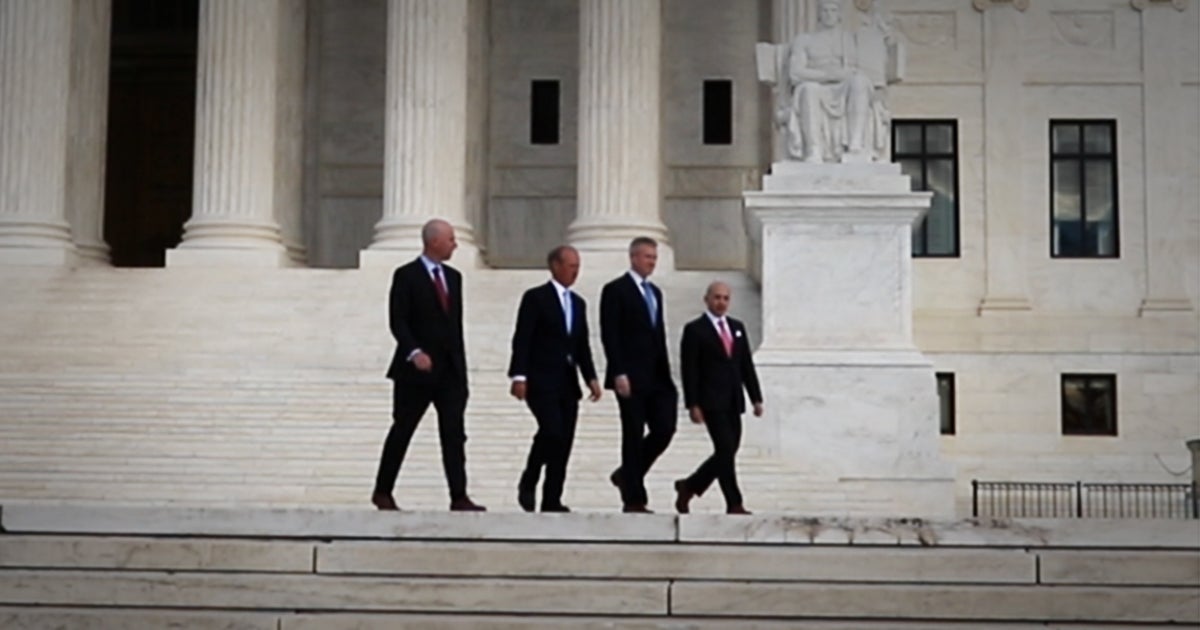In 1903, Maine passed a law ensuring all children would have access to education. But not every community had enough money—or students—to justify building their own schools. To this day, when a school district does not provide a public high school to educate the district’s students, Maine helps fund tuition that families choose—unless it is a religious school. First Liberty and Institute for Justice have now successfully challenged this law at the Supreme Court, protecting the rights of parents to choose the best schools for their children.
The U.S. Supreme Court ruled in favor of students’ rights in Carson v. Makin.
Maine passed a law that banned families from sending their children to religious schools. This Supreme Court decision held that the exclusion is unconstitutional. It affirms that states cannot discriminate in student-aid programs against parents who want to send their children to religious schools:
“The State pays tuition for certain students at private schools—so long as the schools are not religious. That is discrimination against religion.”
In this case—Carson v. Makin—the Institute for Justice (IJ) and First Liberty challenged this Maine law that bans families from participating in a student-aid program if they choose to send their children to religious schools. This law unjustly discriminated against both religious schools and religious families. We could not allow this law to stand.
A victory in this case means now there is greater freedom for families nationwide as they choose the best schools for their children, and restored rights for religious schools. And thanks to previous victories for religious educational options at the Supreme Court, we have affirmed constitutional freedom for religious schools and ensured that children are treated fairly.
– First Liberty Counsel, Lea Patterson


In recent years, the Supreme Court has issued two decisions favorable to the constitutional rights of students and religious schools that gave us hope for a victory in our Maine School Choice case.
The first was Trinity Lutheran v. Comer (2017). Trinity Lutheran Church in Missouri applied in 2012 for a state program that used recycled tires to pad its playgrounds, since the church runs a community pre-school. The state refused to let Trinity Lutheran Church participate in the program because it was religious. Thankfully, the U.S. Supreme Court ruled that by excluding Trinity Lutheran, the state of Missouri was discriminating on the basis of religion and violating the Constitution.
The second recent case that gives us hope is Espinoza v. Montana, issued last year. In that case, the Court held that states cannot bar families participating in student-aid programs from choosing religiously affiliated schools for their children. The Court held that discrimination based on the religious “status,” or identity, of a school violates the Constitution.
With Carson v. Makin, the U.S. Supreme Court has now reaffirmed that in America, families should not be excluded from public benefits simply because they choose religious schools for their children.
We’ve now affirmed that states cannot discriminate in student-aid programs against parents who want to send their children to religious schools at the Supreme Court.
We know that we would not have been able to achieve victory without you.
But our work to defend our constitutional right to live our lives according to our faith is far from over.
Now more than ever, we need your generous support so that our expert legal teams are equipped and ready for this crucial moment.
*If contributions exceed the immediate needs of a specific project or case, First Liberty may redirect funds at its discretion to provide support for other religious liberty matters.